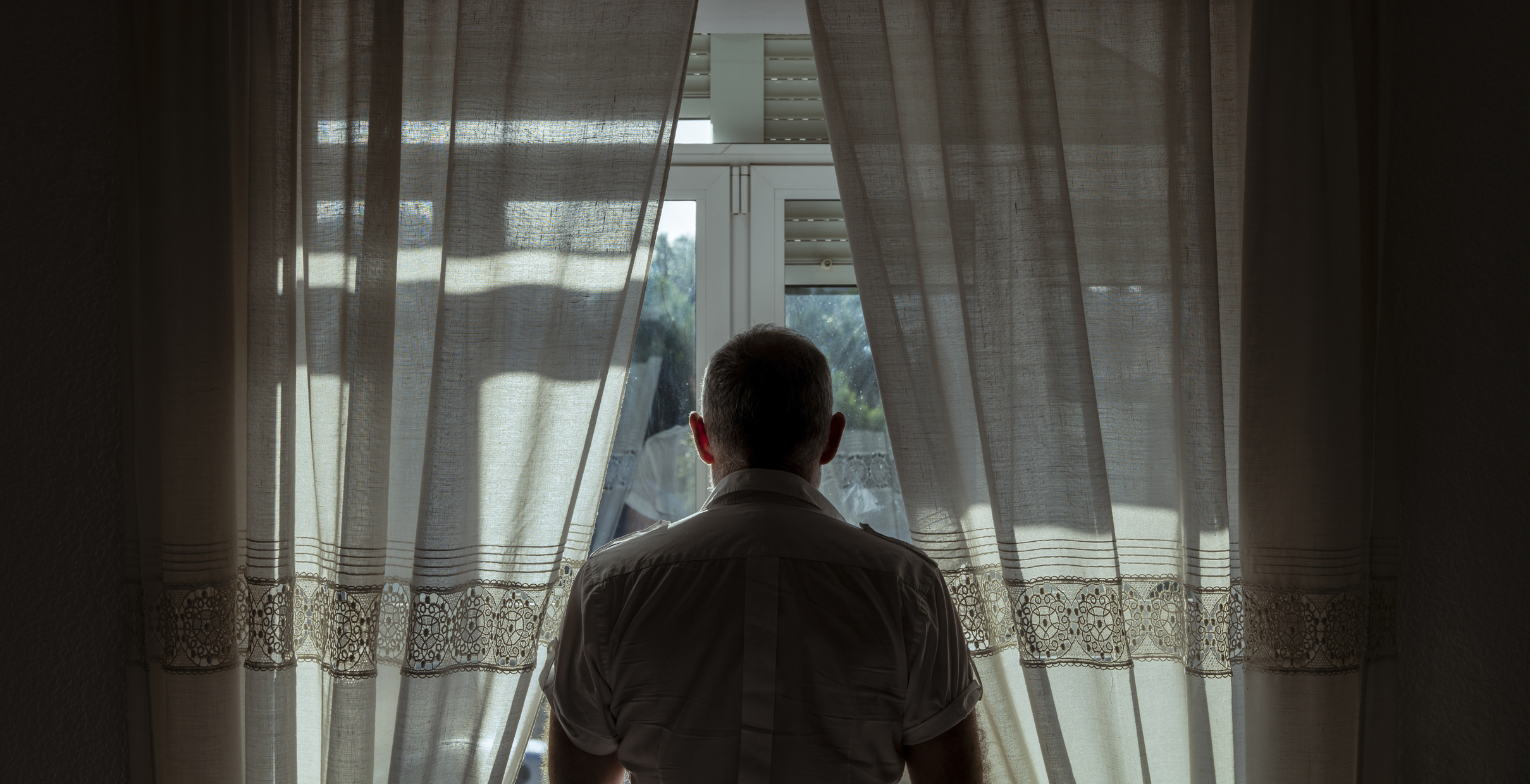When we talk about mental health recovery, housing doesn’t always get the attention it deserves. But having a stable, safe home is one of the most important parts of getting better—and staying better.
At Bridge Support, we see housing as more than just a roof over someone’s head. It’s a place of safety and dignity. That’s why our housing management team is part of the recovery journey.
Why housing matters
It’s hard to focus on your mental health when you don’t know where you’ll sleep at night. People leaving hospital, secure units, or high-support services often face a huge challenge. They’re expected to live independently—sometimes after years of relying on others for help. Without proper support, things can go wrong quickly.
Poor housing or no housing can lead to relapse. Missed medications, feelings of isolation, or trouble with neighbours can trigger a crisis. For many, the outcome means a return to hospital, a breakdown in their care plan, or even homelessness.
Where traditional housing models fall short
In many services, housing and mental health care are treated separately. Landlords focus on collecting rent and keeping the property in good condition. Support staff handle mental health needs.
The problem? Life isn’t that tidy.
Let’s say someone falls behind on rent. A housing officer might issue warnings or start eviction proceedings. But what if the rent wasn’t paid because the tenant was unwell? What if they didn’t open their post because they were too anxious?
Without coordination, the system punishes people for symptoms of their illness. And it often leads to the very thing everyone wants to avoid—another crisis.
A different approach
At Bridge Support, we do things differently. Our housing team and support workers talk to each other regularly. They share updates. They problem-solve together. Most importantly, they build strong, trusting relationships with the people we support. This means we can spot issues early—before they turn into emergencies.
If someone misses a payment, we don’t send a threatening letter. We pick up the phone or knock on the door. We ask what’s going on. We help fill in benefit forms or speak to the council. If there’s a repair needed, we sort it quickly so someone isn’t left without heating or hot water.
And when there are challenges—like disputes with neighbours or changes in a client’s mental health—we respond with care, not judgement.
Supportive housing management in action
So, what does it look like when housing becomes part of someone’s recovery? It’s simple, but powerful.
- Regular contact. Not just when something goes wrong.
- Flexible communication. In person, by phone, or even text—whatever works best.
- Respectful boundaries. We encourage independence, but we’re always nearby when help is needed.
- Real conversations. We talk about how someone feels in their home, not just about rent or repairs.
- Shared goals. We work with clients to create a home they can be proud of.
This kind of support builds confidence. It helps people trust others again. It encourages people to take control of their space—and, slowly, their lives.
What difference does it make?
The results speak for themselves. People stay housed longer. They’re more likely to pay rent, keep their home in good condition, and follow through with their recovery plans. We see fewer crises, fewer hospital admissions, and fewer people falling through the cracks.
And when people feel safe and supported in their home, they’re more likely to reach out into the world. They make friends. They volunteer. They study. They work. They become part of their community again.
This isn’t just good for the individual, it’s good for the whole system. Hospitals save money. Councils face fewer evictions. Mental health services can focus on prevention instead of emergency response.
Why it matters now
With the cost of living rising and pressure on services growing, we need solutions that work—and that last. That means recognising housing as part of mental health care. Not just somewhere to live, but somewhere to rebuild. Somewhere to recover. Somewhere to call home.
Bridge Support’s housing management model proves that when you care for the whole person—not just their tenancy—you get better outcomes for everyone.
Final thoughts
Mental health recovery doesn’t stop at the clinic door. It continues every day—in the kitchen, the hallway, the back garden. It grows in places that feel safe, familiar, and welcoming.
At Bridge Support, we believe housing isn’t just a basic need. It’s a cornerstone of recovery. And when done right, housing management becomes something much more than maintenance. It becomes care.
Further Reading
The Link Between Mental Health and Housing
Safe and Stable Housing To Help Recovery from Mental Illness

